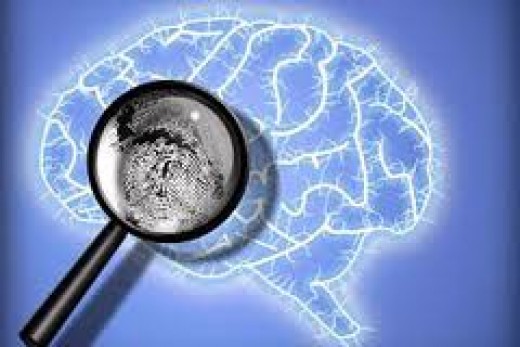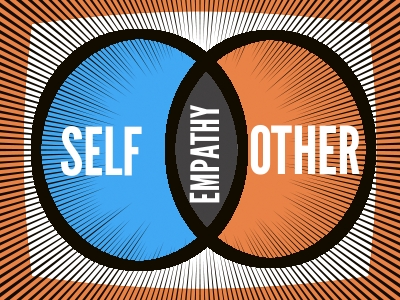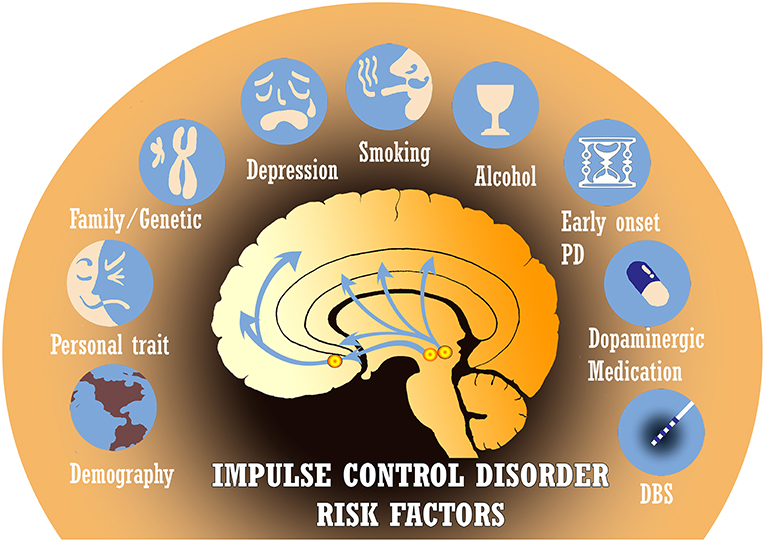
Criminal psychology & Role of Forensic Psychologists
Criminal psychology is the
study of the thoughts, behaviours, and actions of criminals. It is a subfield
of psychology that is concerned with understanding criminal behaviour, as well
as the assessment, treatment, and management of offenders. Criminal
psychologists may work in various settings, including prisons, courts, and law
enforcement agencies, and may assist in investigating, prosecuting, and defence
of criminal cases. Criminal psychology may also focus on rehabilitating
offenders and developing programs to prevent unlawful behaviour.
Criminal psychology has a wide range of applications in
the criminal justice system. Some of the main applications include:
Criminal Investigation: Criminal psychologists may assist
law enforcement agencies in investigating crimes by analysing evidence,
interviewing suspects and witnesses, and providing psychological profiles of
offenders.
Forensic Assessment: Criminal psychologists may conduct
evaluations of defendants' competency to stand trial, criminal responsibility,
and risk of recidivism.
Sentencing and
Sentencing Advocacy:
Criminal psychologists may provide testimony in court regarding the offender's
background and mental health status, which may be relevant in determining an
appropriate sentence.
Rehabilitation and
Treatment: Criminal
psychologists may work in correctional facilities to provide treatment and
rehabilitation services to offenders to reduce the likelihood of recidivism.
Offender Profiling: Criminal psychologists may analyse
the characteristics of offenders to develop profiles that can aid in
identifying and capturing suspects.
Victim Services: Criminal psychologists may provide
support and treatment to victims of crime to help them cope with the aftermath
of a traumatic event.
Crime Prevention: Criminal psychologists may study the
causes of criminal behaviour to develop programs and policies that can prevent
crime from occurring in the first place.
The role of a Forensic psychologist can vary
depending on the specific setting and context in which they are working.
However, some primary the primary responsibilities of a criminal psychologist
the following include:
Assessing and
evaluating offenders'
mental health and psychological functioning may include conducting interviews,
administering psychological tests, and reviewing medical and criminal records.
Providing expert
testimony in court:
Criminal psychologists may be called upon to testify as expert witnesses in
criminal trials, particularly in cases involving questions of competency,
criminal responsibility, or risk of recidivism.
Developing and
implementing treatment and rehabilitation programs: Criminal psychologists may work
with offenders in various settings, including prisons and community-based
programs, to provide treatment and rehabilitation services to reduce
recidivism.
Assisting in criminal
investigations:
Criminal psychologists may be called upon to assist law enforcement agencies in
studying crimes by providing offenders' psychological profiles and analysing
evidence.
Developing crime
prevention programs:
Criminal psychologists may study the causes of criminal behaviour to build
programs and policies that can prevent crime from occurring in the first place.
Providing support and
treatment to victims of crime: Criminal psychologists may provide support and treatment to
victims to help them cope with the aftermath of a traumatic event.
Providing training and
education to other criminal justice professionals: Criminal psychologists may provide
training and education to other criminal justice professionals, such as law
enforcement officers and probation officers, on psychological assessment,
treatment, and criminal behaviour.
Comments (0)
Categories
Recent posts


Human Psychology & Empathy
2022/05/24
Impulse Control Disorders
2022/05/31
Aviation Industry and Mental Health
2022/04/18
